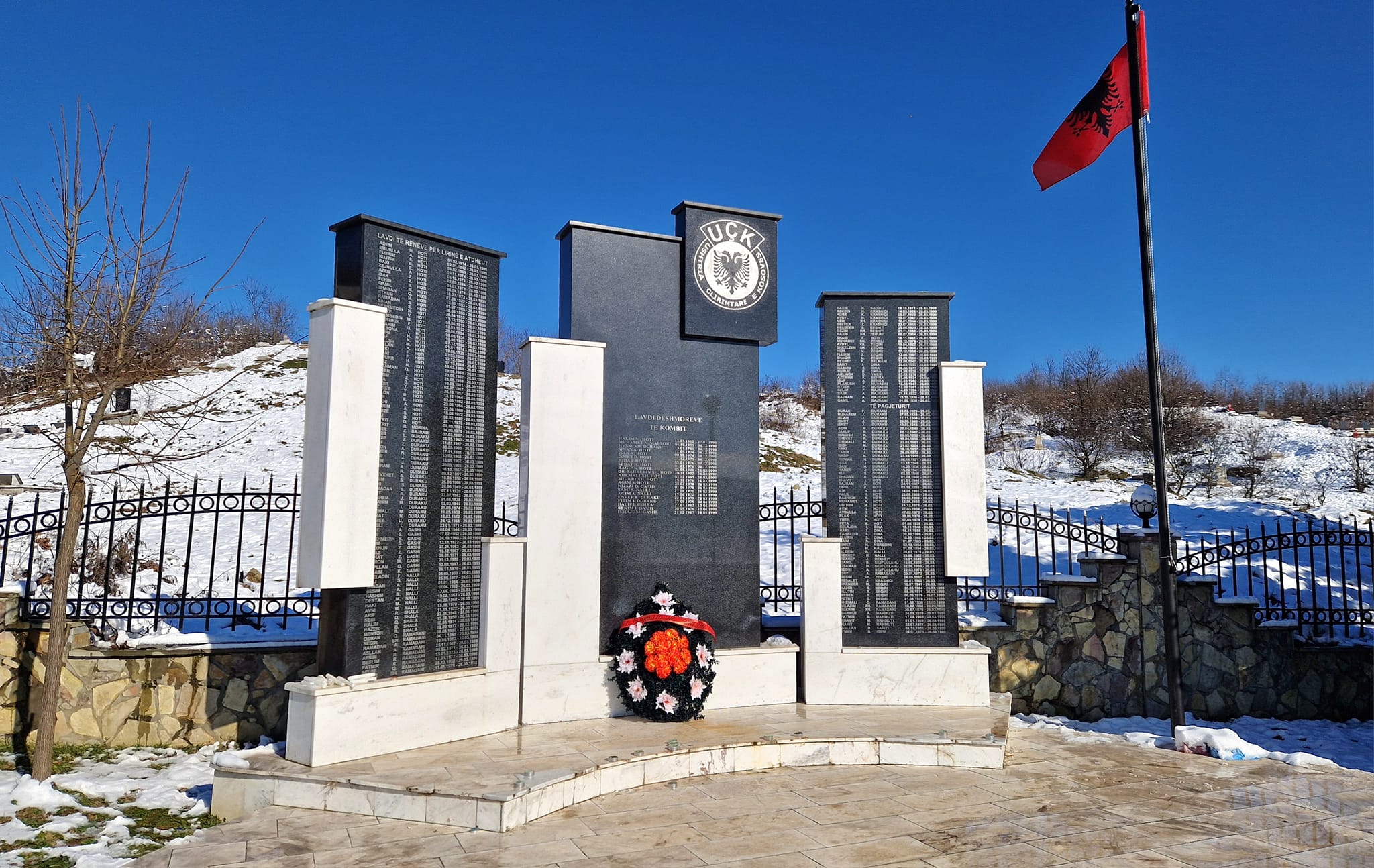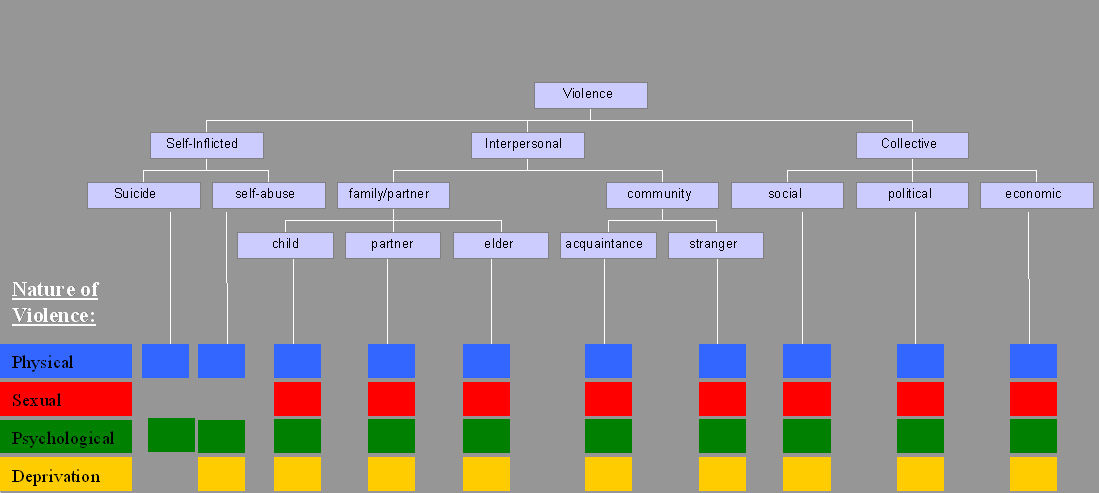|
Velika Kruša Massacre
The Krusha massacres (, ) were two massacres that took place during the Kosovo War on the afternoon of 25 March 1999, the day after the NATO bombing of Yugoslavia began, near Orahovac, Kosovo. At that time, witnesses reported that on 25 March special police unit entered the village of Velika Kruša and separated the men and boys, and killed around 100 men and male teenagers over the age of 13. Human Right Watch reported that more than 98 men were killed. Then, the women and children were forced out. A similar approach was followed simultaneously in the neighboring Krushë e Vogël village, leading to a total of 243 men being killed or missing. Most of the victims' bodies were then relocated and buried in mass graves away from the crime scene.In 2020, Darko Tasić, a local Serb from the same village and member of the police reserve forces was convicted as one of the perpetrators of the massacre. It is one of the first cases in which the trial of one of the perpetrators has conclud ... [...More Info...] [...Related Items...] OR: [Wikipedia] [Google] [Baidu] |
John Sweeney (journalist)
John Paul Sweeney (born 7 June 1958) is a British investigative journalist and writer. He worked for ''The Observer'' newspaper, and the BBC's ''Panorama'' and ''Newsnight'' series. Sweeney ceased working for the BBC in October 2019. Education Sweeney was educated at Barton Peveril Grammar School, a state grammar school in Eastleigh, Hampshire, followed by the London School of Economics. Investigative journalism Barclay brothers suit In 1996, Sweeney was sued for criminal defamation in France by the Barclay brothers, owners of ''The Daily Telegraph'', but the claimants lost their case. At the time, Sweeney worked for the rival newspaper ''The Observer'', and had given an interview on BBC Radio Guernsey alleging that they had been involved in corruption. The claimants justified their legal claim in the French courts on the basis that the broadcast could also be heard in a small coastal part of northern France, although this was widely considered forum shopping. Sweeney was ... [...More Info...] [...Related Items...] OR: [Wikipedia] [Google] [Baidu] |
Violence Against Men In Europe
Violence is characterized as the use of physical force by humans to cause harm to other living beings, or property, such as pain, injury, disablement, death, damage and destruction. The World Health Organization (WHO) defines violence as "the intentional use of physical force or power, threatened or actual, against oneself, another person, or against a group or community, which either results in or has a high likelihood of resulting in injury, death, psychological harm, maldevelopment, or deprivation"; it recognizes the need to include violence not resulting in injury or death. Categories The World Health Organization (WHO) divides violence into three broad categories: self-directed, interpersonal, and collective. This categorization differentiates between violence inflicted to and by oneself, by another individual or a small group, and by larger groups such as states. Alternatively, violence can primarily be classified as either instrumental or hostile. Self-in ... [...More Info...] [...Related Items...] OR: [Wikipedia] [Google] [Baidu] |
March 1999 In Europe
March is the third month of the year in both the Julian and Gregorian calendars. Its length is 31 days. In the Northern Hemisphere, the meteorological beginning of spring occurs on the first day of March. The March equinox on the 20 or 21 marks the astronomical beginning of spring in the Northern Hemisphere and the beginning of autumn in the Southern Hemisphere, where September is the seasonal equivalent of the Northern Hemisphere's March. History The name of March comes from '' Martius'', the first month of the earliest Roman calendar. It was named after Mars, the Roman god of war, and an ancestor of the Roman people through his sons Romulus and Remus. His month ''Martius'' was the beginning of the season for warfare, and the festivals held in his honor during the month were mirrored by others in October, when the season for these activities came to a close. ''Martius'' remained the first month of the Roman calendar year perhaps as late as 153 BC, and several religious ... [...More Info...] [...Related Items...] OR: [Wikipedia] [Google] [Baidu] |
Massacres Of Albanians
A massacre is an event of killing people who are not engaged in hostilities or are defenseless. It is generally used to describe a targeted killing of civilians en masse by an armed group or person. The word is a loan of a French term for "butchery" or "carnage". Other terms with overlapping scope include war crime, pogrom, mass killing, mass murder, and extrajudicial killing. Etymology ''Massacre'' derives from late 16th century Middle French word ''macacre'' meaning "slaughterhouse" or "butchery". Further origins are dubious, though the word may be related to Latin ''macellum'' "provisions store, butcher shop". The Middle French word ''macecr'' "butchery, carnage" is first recorded in the late 11th century. Its primary use remained the context of animal slaughter (in hunting terminology referring to the head of a stag) well into the 18th century. The use of ''macecre'' "butchery" of the mass killing of people dates to the 12th century, implying people being "slaughtered ... [...More Info...] [...Related Items...] OR: [Wikipedia] [Google] [Baidu] |


